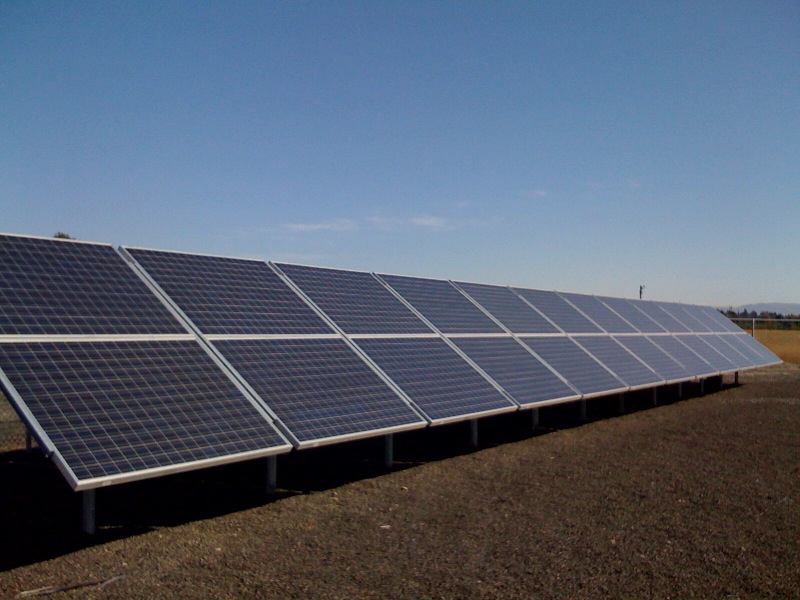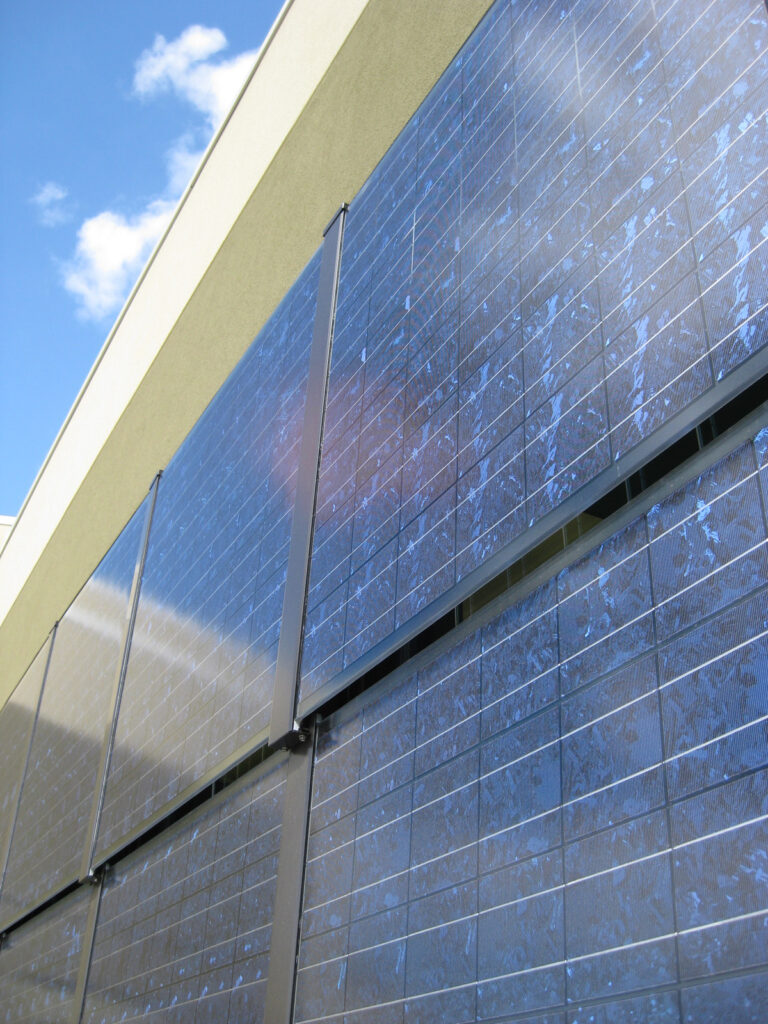Programs / Services
Questions?
Home » Programs & Services » Energy Efficiency » Residential Solar & Net Metering
Residential Solar & Net Metering
How to get Started: Making the Most of Your Solar Investment: Tips from Franklin PUD.
If you’re considering solar to save money on your electric bill, Franklin PUD
recommends you shop carefully and understand the numbers to help you make the
decision that is right for you. Calculate the cost per watt of different systems (e.g., a
7,000-watt system at $3.50/watt = $24,500) and compare payback periods. If a quote
seems unusually high or low, ask why.
Remember to also consider your roof, local rules, and state/federal incentives. Franklin
PUD does not maintain a list of installers but recommend starting with local installers.
We don’t offer direct utility rebates but support your solar investment through net
metering and the state’s Renewable Energy System Cost Recovery Incentive Program.
Understanding the Process
Connecting Your Solar: What Franklin PUD Customers Should Know.
Installing home solar involves understanding a few key roles and responsibilities, including Franklin PUD’s standard interconnection rules. When your solar system generates electricity, it can reduce or even reverse the flow of energy through your meter – this is net metering.
Keep in mind that while net metering helps offset your electricity costs, it may not provide the quick payback some customers expect from a large solar investment. For example, a well-placed 3.5-kilowatt system in our area might generate about 4,600 kWh per year, saving you approximately $337 at our current rate of $0.0732 per kWh.
Understanding this value is key to evaluating your investment.


Cost and Benefit:
What to Expect from Solar? Analyze Your Potential with a Free Online Tool!
Since solar results can vary depending on your specific home and location, we encourage you to get a personalized estimate. Many solar installers use a helpful online tool from the National Renewable Energy Laboratory (NREL). The NREL tool is helpful for estimating solar production with many variables you can plug in to ensure an accurate forecast of potential. NREL’s PVWATTS calculator can even use satellite
imaging to look at your roof to help you determine the size of system that will fit on your home. Take control of your solar forecast!
Need help understanding solar or other energy-saving options? Franklin PUD Energy Services staff is here to assist you. Contact us today!
Already a solar customer?
The Residential Solar Customer Information Guide provides a clear overview of your monthly billing process, the solar incentives you are eligible for, and other important
information as a Franklin PUD residential solar customer.
